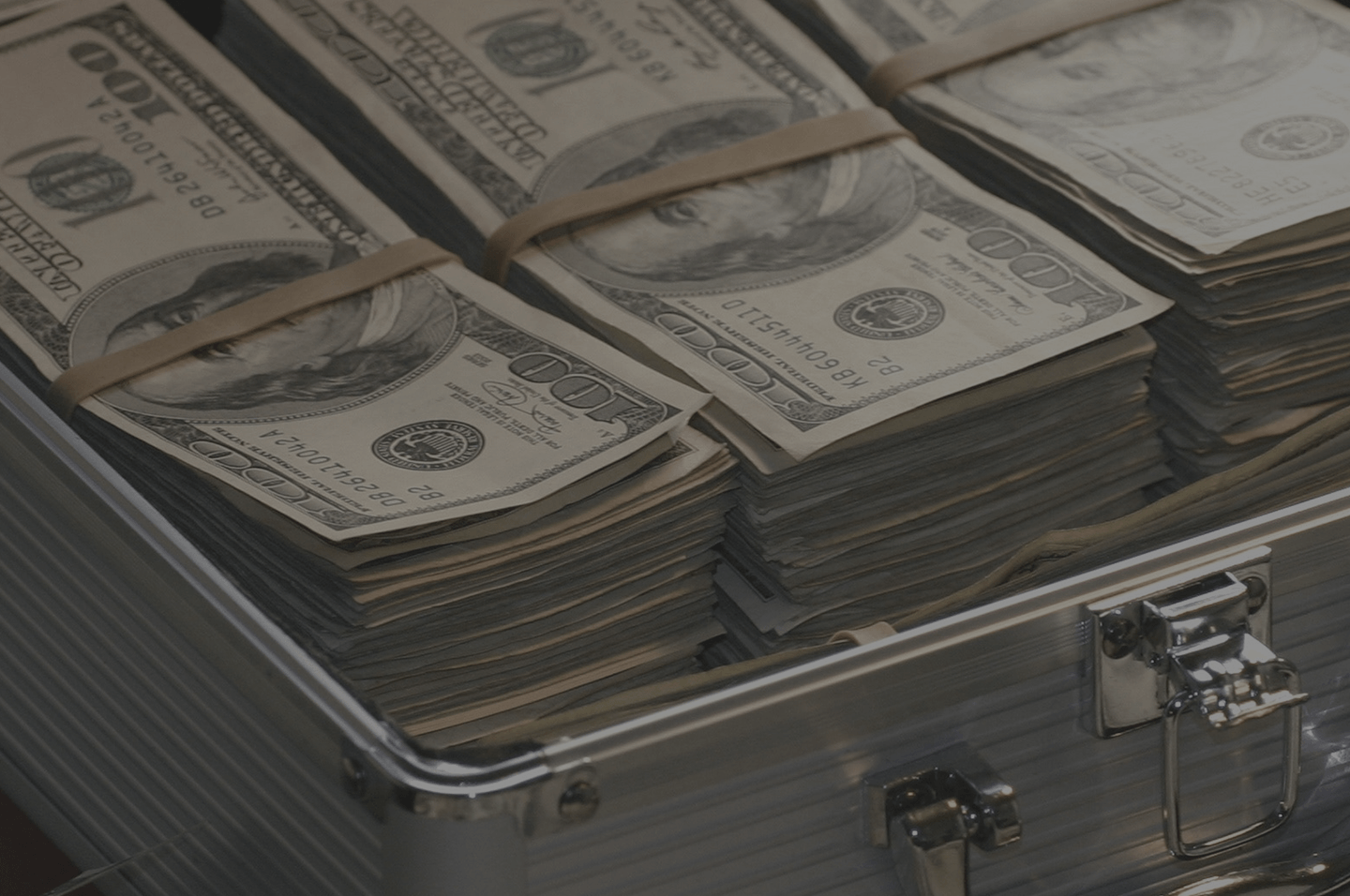
Mafia
Known as the PayPal Mafia, the earliest founders at the fintech have gone on to create scores of billion-dollar companies since. Names like Linkedin, Youtube, SpaceX and Affirm to name a few. Here’s the impact just one payments company has had on the entire tech scene.
Harvard, Ajax and Alabama Football…some institutions are famous for consistently producing high achievers. Add Paypal to that list. Known as the PayPal Mafia, the 8 earliest founders at the fintech have gone on to create scores of billion-dollar companies since. Names like Linkedin, Youtube, SpaceX and Affirm to name a few.
Let’s recap the story of PayPal. The company was founded under the name Confinity by Max Levchin and Peter Thiel in 1998. In 2000, they merged with Elon Musk’s X.com to become PayPal. In 2002 they sold to eBay for US$1.5b During the four years from founding, PayPal built an incredible team that has gone on to create culture-defining companies.
Musk’s legacy is obvious. Peter Theil was involved in Palantir while being an early investor in names like Facebook, Asana, Spotify, Stripe and more through his Founders Fund. Levchin went on to start Affirm, the US BNPL giant. Reid Hoffman was hired as COO. He went on to start LinkedIn which generates more revenue than Twitter and Snap combined and was sold to Microsoft for over US$2b. Chad Hurley, Steve Chen and Jawed Karim went from senior PayPal staff to founding YouTube together as a trio.
The list goes on. In total, The few dozen early staff at PayPal, at least 6 are known billionaires while the group also went on to start 6 public companies.
What was in the water at PayPal HQ? Author Sarah Lacy published a book (Once You’re Lucky, Twice You’re Good) covering the PayPal Mafia’s continued success. To start, PayPal was hiring some of Silicon Valley’s brightest minds. These engineers and businesspeople were the best in the game to begin with. Furthermore, she argues the sale to eBay gave the group confidence that they could build and sell anything. Finally, many employees continued to support each other in later years. By working together on companies or investing in each other’s projects, the group had a support network unlike any other.